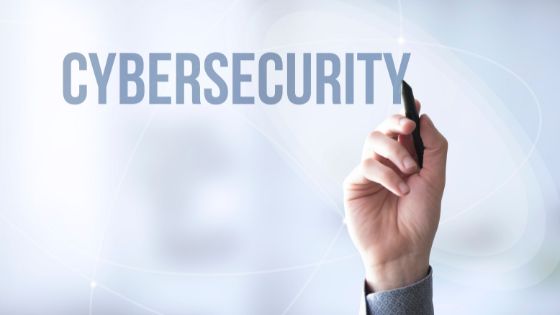The emergence of the Internet improved the efficiency of most businesses. Despite the benefits of the Internet, some individuals use this technology for the wrong reason. Currently, ransomware attacks have become common where companies are held hostage by cybercriminals.
These cybercriminals use networks and servers to attack your business computers. The devices will be frozen until you pay the demanded ransom. If you refuse to corporate, you risk losing every data and critical information that could end your business.
Ways to Protect Your Business from Ransomware Attacks
Here are some ways to protect your business from ransomware attacks.
Educate Your Employees
Cyberattacks are more successful when their targets have little to zero information about how it works. If you educate your employees on identifying potentially malicious emails, they may not fall victim to attacks.
Educate them on using strong passwords and ask them to report any suspicious emails. For example, emails asking for personal details or work-related passwords should be reported immediately.
Update Your Software
Updated software makes it difficult for hackers to access your system. For example, a new software update will include security upgrades and patches that protect your system from cyber-attacks.
Also, the updated software will alert you in the case of an attempted attack on your system. If you have an IT department, they can regularly handle such updates and upgrades.
Use Firewalls and Antiviruses
A firewall will manage your network traffic and protect your system from targeted cyberattacks. The firewalls block unwanted and unsolicited incoming network traffic. The firewall will validate access by assessing incoming traffic and blocking any potential malware attacks.
If you understand computer technology, you might cut down on the costs of hiring professionals to secure your systems. However, if you need professional services when it comes to preventing cyberattacks, cybersecurity consulting services are valuable.
Backup Everything
You might update or upgrade your software, but it doesn’t guarantee that your data will be completely protected. For example, attackers might decide to target your computer hardware. When this happens, you might lose everything, and your business might collapse. As an additional security measure, it is essential that you backup your data.
Backing up data doesn’t mean using traditional methods like hard drives or compact disks. Instead, it would help if you opted for cloud services. You can use a third-party cloud service to store your data where access will only be limited to specific individuals.
Configure Access Controls
It is essential to manage who has access to your systems, especially systems with critical company information. For example, you might use the principle of least privilege (PoLP) to control employee access. The regulations ensure that average employees have limited access to programs, files, or company accounts. Such limited access will protect critical data from being targeted by unauthorized individuals.
You must also understand that threats to your system are not always external. Anyone that has access to your servers might be a potential threat. It is for such reasons that limiting access becomes necessary.
Use Strong Spam Filters
The easiest way for your business to be phished is through spam emails. These are emails specifically targeting your employees. If any of your employees allows access to their company accounts, they might serve as a leeway for cyberattacks.
In this case, you should introduce spam filters to help identify potential spam emails. These programs will reduce the chances of your employees becoming victims of online scams. As a result, there will be few chances of ransomware getting access to your system.
Network Segmentation
Since ransomware releases block worms that spread and disrupt your network, it is essential to employ network segmentation. Network segmentation manages to contain such attacks and minimize damages. It works effectively as an attack will only have access to a specific segment, ensuring your systems will remain operational if one section is shut down.
Secure Your DNS
Cyber attackers will always target your domain name and lace phishing emails with emails that redirect traffic. The redirected traffic will focus on malicious destinations that allow hackers to control your DNS infrastructure. It is essential to ensure your DNS remains protected from such attempts from phishing attempts.
You might also introduce a sandbox that will trick malware into targeting fake IP addresses. The sandbox will allow you to analyze potentially advanced attacks and secure your environment.
The Bottom Line
Ransomware is a risk to any business with an online presence. Use the tips outlined above to prevent ransomware attacks in your business.













